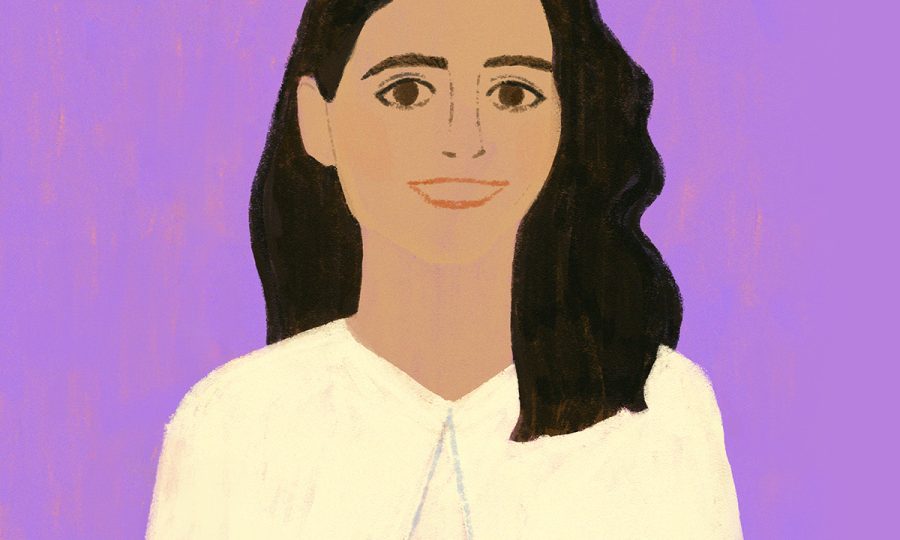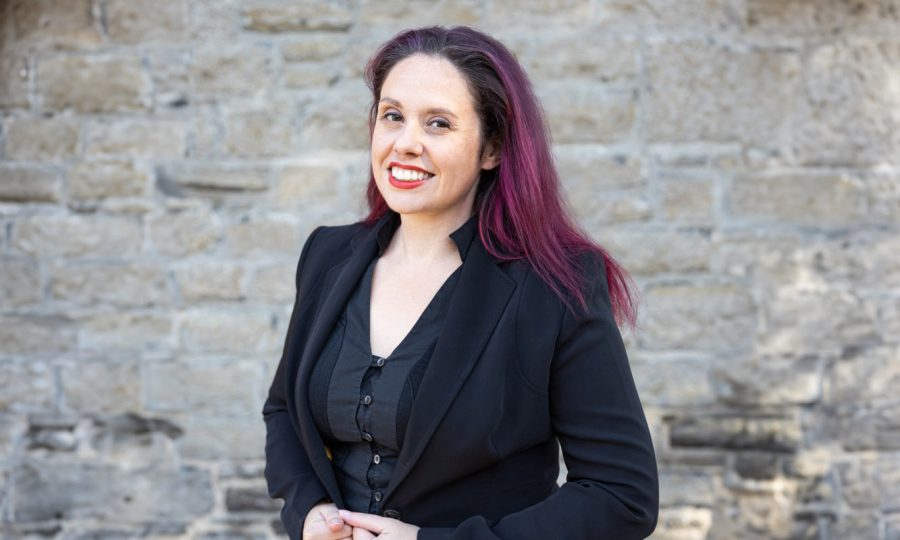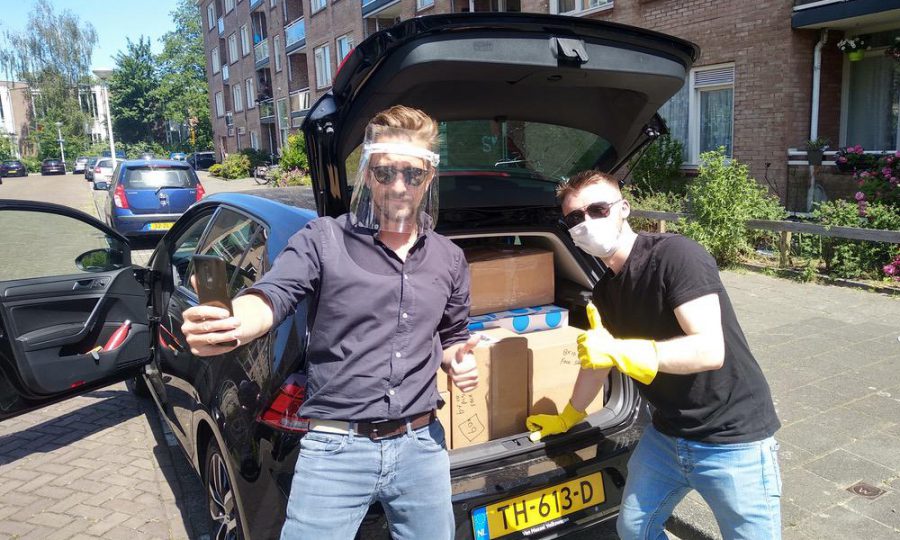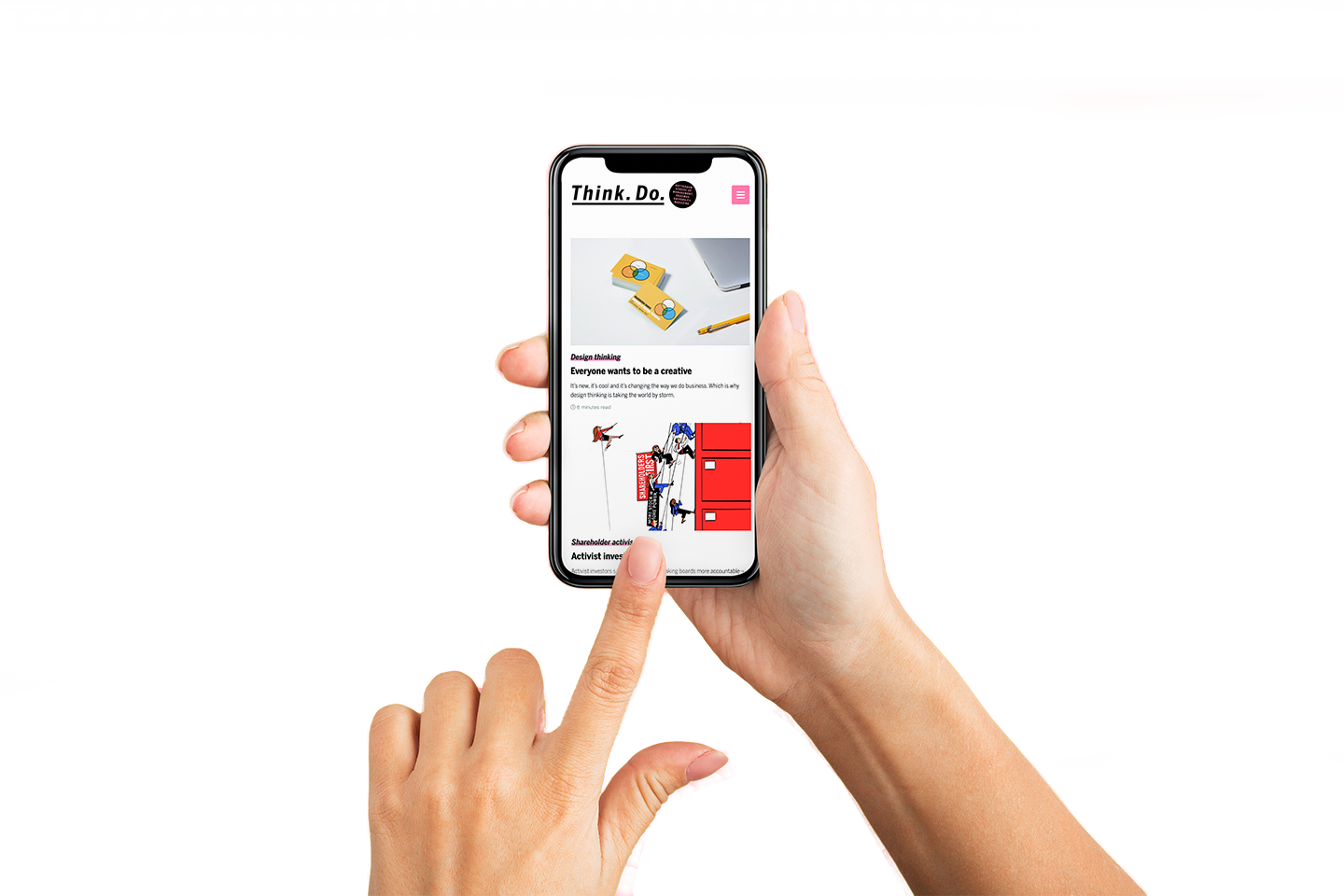Decide for yourself
Everyone’s telling you you’re wrong. It’s time to decide if you should follow the crowd – or go with your gut, says Pauline Bieringa.
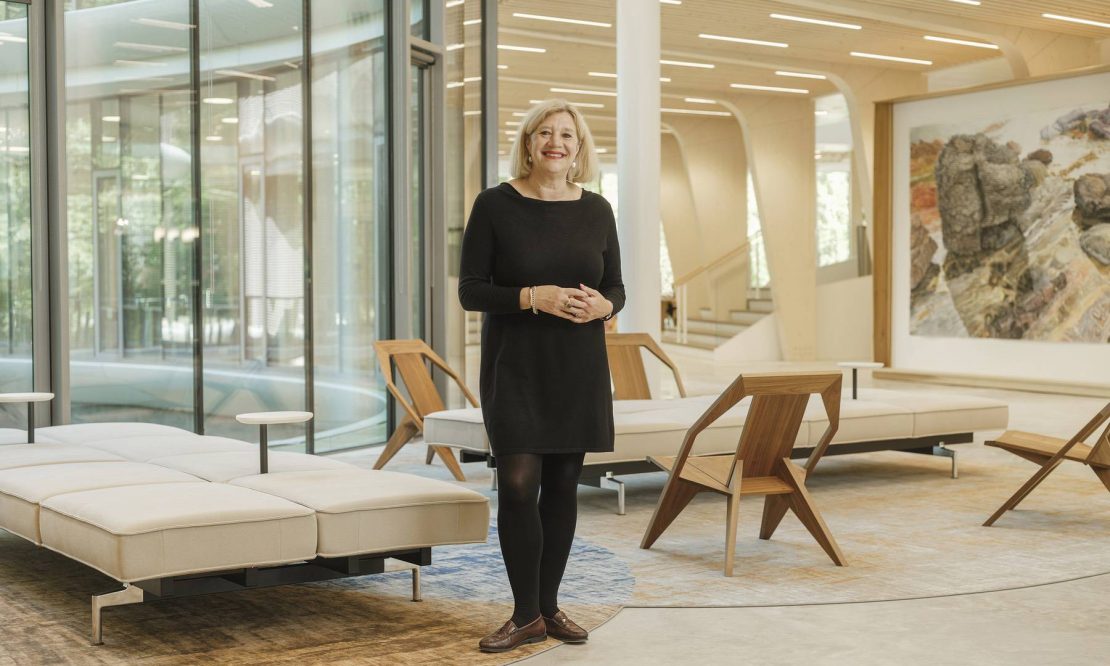
If it wasn’t for a “failure”, I wouldn’t have my career in banking. In fact, I’ve been described as an accidental banker. I originally wanted to become a medical doctor, but I didn’t get a place. So I graduated in History and Art History from the University of Groningen, and after a stint living in America, I heard about the MBA at RSM.
RSM was initially skeptical of my interest in business, because of my art and history background. But I had also done well in mathematics at school, so I was able to persuade them to give me a chance. I’m glad they did, because in Rotterdam, the world opened up. I wrote my thesis on a company which had projects running in developing countries. I ended up working for that company and wrote a business plan for them where I suggested having a bank as a shareholder. And that’s how I got into banking: I started at ING Bank, focusing on developing countries.
I think that failures are often really about risk. You can’t take a risk without opening yourself up to potential failure. At ING, I made a very deliberate decision to go from the commercial side to risk management. Many people warned me against taking that risk. They told me that commercial banking was sexier, that it paid more, and that you got to travel more. But we have a saying at Triodos Bank: “Follow your heart, use your head.” And that’s what I did. And it turned out very well. I ended up becoming head of the credit risk department responsible for North and South America. I’ve never traveled so much.
I was also warned against my next big move, going from ING in Frankfurt to BNG Bank, a much smaller, public sector bank. I wanted to experience new challenges and less hierarchy. My colleagues questioned what opportunities there could possibly be for me but, again, I not only used my head but also let my heart speak. Then, shortly after I moved, the 2008 financial crisis hit. ING had to be supported by the government, but BNG was, luckily, a triple-A rated bank that remained on its own two feet. It proved to be a very good step for me again. Then I joined Triodos Bank two and a half years ago.
Of course, it’s important to listen to other people and to their advice. But at some point, you must decide for yourself. I know so many people who think that they should do something because other people say they should do it – and then they become unhappy. That goes right back to what you decide to study: do what you are passionate about.
As a banker, my background in history and art history wasn’t important; the crucial thing was having the right attitude. Here at Triodos Bank, we have historians, art historians, theologians, criminologists, lawyers and economists. We even have someone who has worked for 20 years at a casino, and she’s now doing customer due diligence because she has a lot of knowledge about human behavior.
What I have learned from the many unexpected steps I’ve taken in my career is that much of the time, when you think you’ve failed or made mistakes, you actually haven’t. You have just done something that is a failure from another person’s perspective. Early in my career at ING, I was asked to join a team to do environmental projects, learning how to finance wind energy. My colleagues thought I was crazy, that it was the most stupid mistake I had ever made. But 30 years later, I work for a bank that includes a focus on renewable energy within its mission and values.
Fortunately, sustainability is becoming far more commonplace these days. It is not only financially attractive to do renewable energy projects, but also good for the planet, and I’m lucky to have the experience. So, what I think I’ve learned from my experiences is actually a very simple piece of advice: don’t worry, it will be all right in the end!
